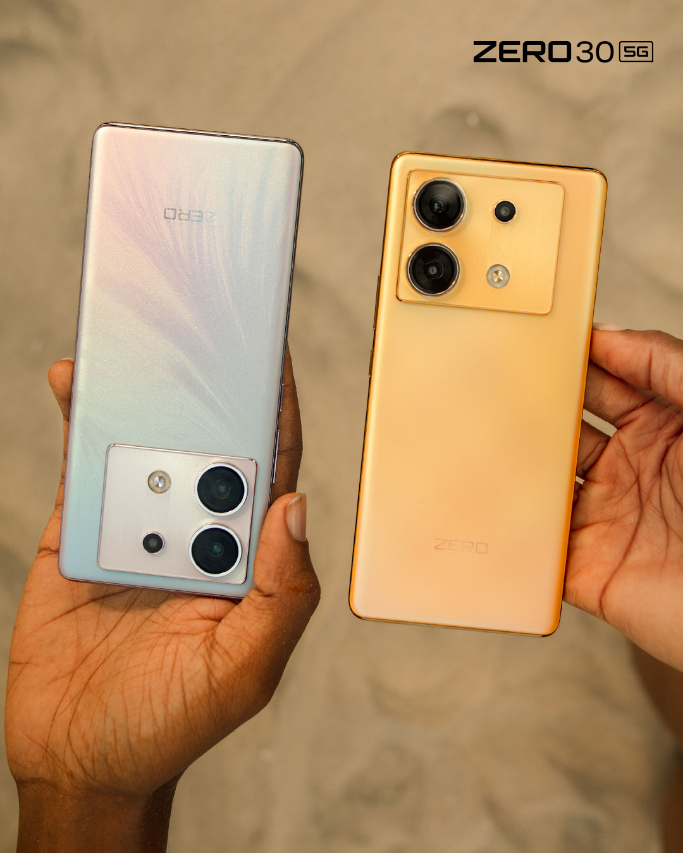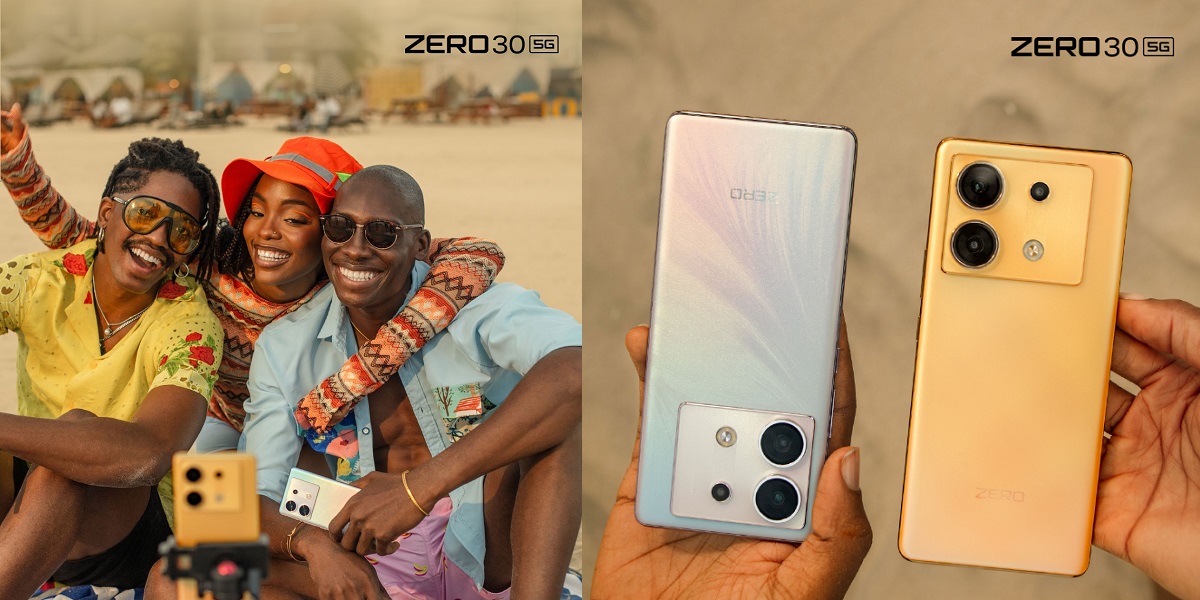Many of today’s smartphones are now capable of professional grade photography, a far cry from the first generation of phones which were designed entirely as communications devices. In the early days of mobile phone technology, brands like Nokia were quickly developing devices that could do more than just phone calls. After the addition of SMS texting, features such as video games, support for mp3 audio playback, predictive text support and more became important features. These features soon became key points of product differentiation in the industry, and it wasn’t long before camera technology was integrated as a new feature.
Users soon discovered however that the image quality offered on a mobile phone was far behind the quality found on professional cameras. In 2005, users could expect to be treated to a rear camera with a 1.3-megapixel sensor, plus a basic LED flash that could produce photos of 1MP quality. To most users this was more of a novelty, than a go-to feature. The OS offered virtually no photography settings (other than flash on, or off) and of course, no video support at all.

Today, 4K video recording at 30fps and 60fps is a feature found on the rear cameras of most flagship smartphones. However, outside of high-end and flagship devices, it is seldom found as an option for younger users who prefer front camera photography. With the launch of ZERO 30 5G, Infinix has proven that it is possible to make front camera Ultra HD video a reality on a mid-tier device, but why is this important, and what advantages can it bring to users around the world?
4K video and the demands of young photographic maestros
The road to Ultra HD video recording may not have been an easy one, but today, the problem for many users is that genuine Ultra HD photography has until now at least been reserved for high-end, flagship devices that command top-tier prices. This is particularly true of the front camera, which on most more affordable, mid-tier smartphones remain limited to Full HD video recording.
It’s easy to understand why young people today are demanding Ultra HD video capability on their smartphones. 4K video looks better. Video content shot in 4K resolution captures far more detail thanks to the massive number of pixels involved. 4K means having 3840 pixels horizontally and 2160 pixels vertically. Multiply these values and you get 8,294,400 pixels, or approx 8.3 million pixels, or 8.3 megapixels. That’s a lot of pixels! This is way more than 1080p for example which equates to little over 2 million pixels.
Video quality isn’t just about pixels, a frame rate of 60fps also ensures greater clarity, even when the action ramps up, eliminating blur and stutter. We can also see that the technology industry in general agrees. The vast majority of today’s 4K/Ultra HD TVs operate at 60fps, this is because the TV and entertainment industry regard 60fps to be the ideal frame rate for a smooth, crisp viewing experience. If we look at PC and console gaming, again 60fps is considered the ideal frame rate for smooth gameplay.
Welcome to the next generation of vlogging
As discussed, Infinix ZERO 30 5G puts you in the lead role with a front-facing 50MP camera capable of shooting Ultra High Definition 4K video at a stunning 60 frames-per-second. The primary motivation behind these innovations is to give users the chance to evolve beyond selfies and become the next-generation of avid video bloggers, or vloggers.

As well as giving the users the ability to capture every moment of life in incredible detail and clarity, young cinematic maestros can also take advantage of several unique video shooting modes that place them in the director’s chair. Engage Movie Filter mode to create 2.35:1 ratio video content for a more authentic cinematic look, or use Dual View to capture the action from both sides of the camera with simultaneous front and rear video recording. Dual Micro-slit Flash allows you to film the moment in all light conditions. PDAF (Phase Detection AutoFocus) ensures sharp, stunning high-quality content every time whether you’re taking a selfie or recording a video.
Let’s not forget too that Infinix ZERO 30 5G boasts a 108MP rear camera that delivers stunningly sharp, crisp photos in low light thanks to a 1/1.67” sensor and a glass lens that captures 10% more light than standard lenses. It combines OIS and EIS technologies to ensure stable image capture for both photography and video. Triple lossless zoom allows users to enjoy incredible detail from a distance, while a 120° wide lens helps users capture the world as they see it. Did we also mention that the ZERO 30 5G rear camera also supports 4K/60fps video recording?
The media reacts to ZERO 30 5G
After testing the new Infinix ZERO 30 5G reviewers at TechSpurt had this to say:“Vloggers will be delighted because you can actually record 4K Ultra HD footage with the selfie camera at 60 frames per second which is pretty rare outside of more expensive Flagship phones.”
“What it truly thrives at is camera performance, the ability to record 4K 60FPS selfie video which is something you barely see on Flagship devices let alone mid-range devices. There’s an ultra steady video mode option when recording with the selfie cam which is awesome for those action vloggers .” Said TechNick, a renowned technology influencer on Youtube.
The future looks more vibrant in 4K
From the modest beginnings of smartphone cameras to the present day, where capturing life’s moments in stunning 4K resolution is a reality, Infinix has embarked on a journey to push the boundaries of what’s possible, and elevate the user experience to new heights. This transformative journey not only revolutionizes the way we communicate and create content, but also ensures that our cherished memories remain vibrant and vivid.














